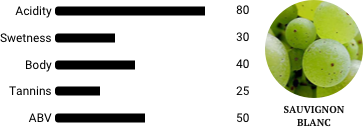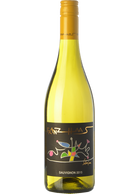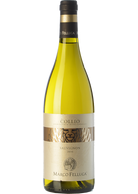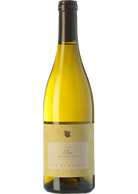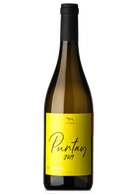Sauvignon
Sauvignon Blanc is a daring grape, unafraid to travel and start out on new adventures. By now it can be found in virtually any wine-producing country, from France to New Zealand, passing through Spain, Italy, Chile and Australia. Although its characteristic profile is always recognizable, it delights with a range of magnificent nuances it gains from different soil kinds and when it is planted at different latitudes. Nettles, peaches, gooseberries, grapefruits ... all these aromas and many more await the drinker in every bottle of Sauvignon Blanc.

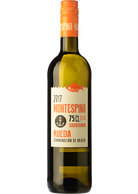
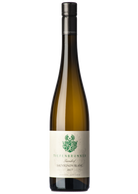
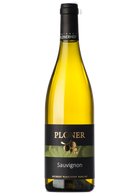
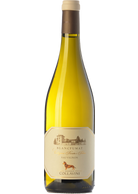
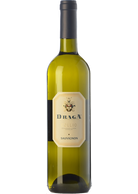
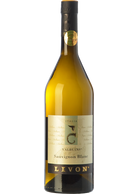
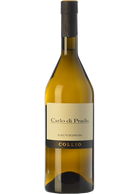
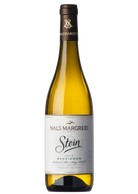
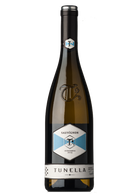
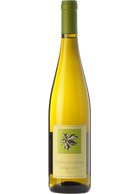
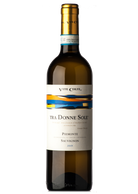
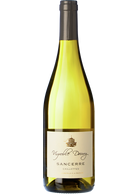
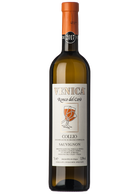
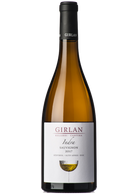
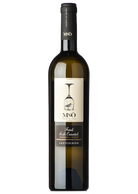
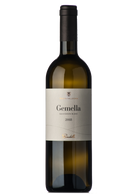
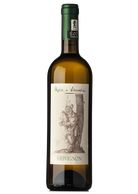
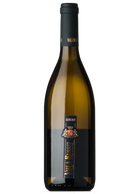
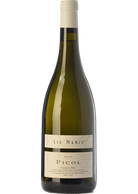
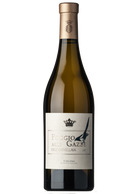
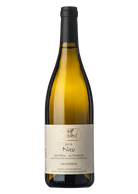
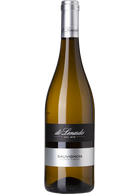
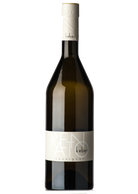
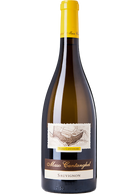
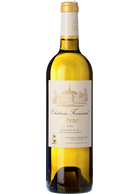
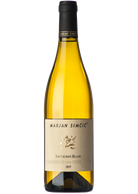
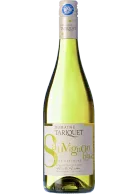
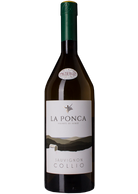
Sauvignon
Sauvignon Blanc is a daring grape, unafraid to travel and start out on new adventures. By now it can be found in virtually any wine-producing country, from France to New Zealand, passing through Spain, Italy, Chile and Australia. Although its characteristic profile is always recognizable, it delights with a range of magnificent nuances it gains from different soil kinds and when it is planted at different latitudes. Nettles, peaches, gooseberries, grapefruits ... all these aromas and many more await the drinker in every bottle of Sauvignon Blanc.
It has a short growth cycle, budding late and ripening early. It appreciates sunlight but in moderation as temperatures too high may harm its suggestive aromas. A slow ripening process helps to concentrate these aromas which means it is well-suited to cool climates or vineyards planted at altitudes. If conditions are not perfect, many vine-growers tend to harvest it before its peak ripeness to ensure a fresher wine, though this means losing part of its aromas. Harvesting late undermines the essence of the variety, leading to fatty and lazy wines.
It seems likely that Sauvignon Blanc originated in the Loire Valley and south-west France but it wasn’t until it burst onto the scene in the Marlborough region of New Zealand back in the early 1970s that it started to become really popular in the rest of the world.
The best Sauvignon Blancs from the Loire are medium-bodied vigorous wines with a distinctive mineral character. It is often used to make single-variety wines in Bordeaux although it also combines wonderfully with Semillon in the classic blend of Péssac-Leognan white wines and in sweet wines such as the Sauternes ones. Sauvignon Blanc wines from New Zealand are undoubtedly the most aromatic, lively and edgy ones, to the point where regions like Marlborough are now considered inseparable from the history of this marvellous grape.
In Italy sauvignon blanc expresses itself very well in the north-eastern regions. Tense and snappy in Alto Adige and Trentino, rounder and multi-faceted in Veneto, but still with a fresh, typically vegetable profile, it takes on a more defined personality in Friuli. In the Isonzo area, on plains protected by the hills where the soils are reminiscent of the Bordeaux graves, it reaches notable quality peaks in terms of minerality, with notes of flint and chalk that recall the best northern European versions. Between the Collio and the Colli Orientali del Friuli, further up in the hills, where its ponka and flysch give all the whites a natural minerality, it can well withstand ageing in wood, with a further polyhedral concentration of aromas and a great vocation for ageing. It also expresses itself very well in upper Langa, in Piedmont, with a tense minerality and an aromatic bouquet that is neither obvious nor too obsequious.
It can be found in different vine-growing areas around Spain but has adapted best in Rueda, where some notable white wines are produced, wines which are gaining their own particular character, somewhere between the elegance of French wines and the exuberance of New Zealand ones.
